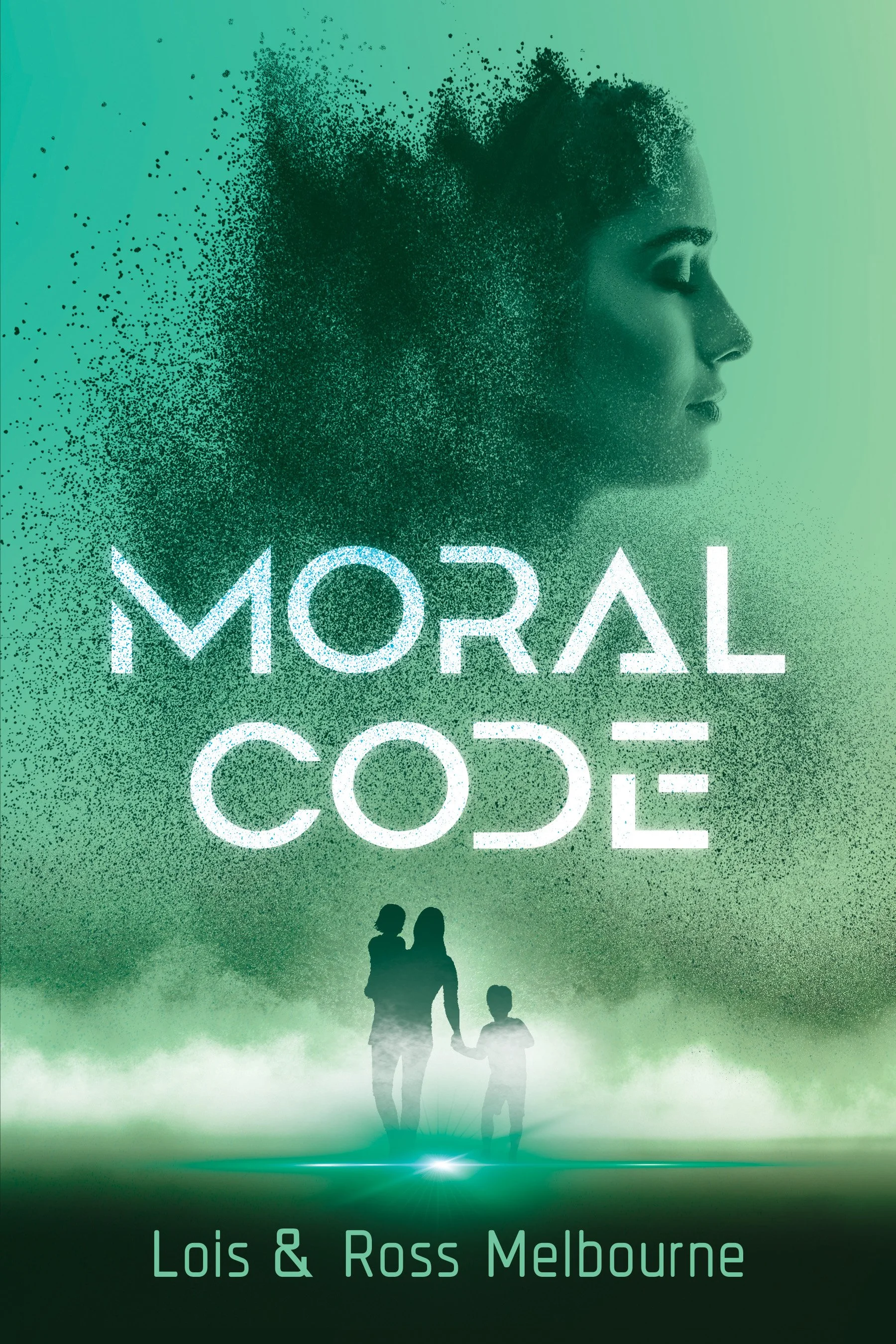The Consequences of Reading Outside Your Comfort Genre: A Guest Post by Lois Melbourne
I’m on maternity leave! During this time, a few of my favorite authors offered to step up and write guest posts so that this blog would remain active while I adjust to my new role as a mother. I may also be a bit slower to respond. Thanks for understanding and for being so supportive of me, my family, and my blog. Want to donate a few dollars to keep this blog running or perhaps contribute to my diaper fund? You can do so on Venmo or Paypal.
The Consequences of Reading Outside Your Comfort Genre: A Guest Post by Lois Melbourne
A great read dips us into another mental state, place, or time. We seek the new, the unique. Yet, we confound that quest when we slide into genre habits. We like the rhythms. We become accustom to the tropes expected with a genre. We like the feeling of snuggling into the expected, waiting for the author to move us with their unexpected. Then, a review, a recommendation or a book club pick, plucks us from our routine and delivers the fresh trepidation found in a different isle of the bookstore than we typically tread.
My reading tastes is now varied and a bit eclectic. It hasn’t always been like that. I baffle my Goodreads friends as my Currently Reading and Want To Read shelves expand with little consistency of genre. I’ve found several of my favorite books when I’ve jumped out of my traditional reading ruts. This leads to broader thinking, improved writing skills and easy dinner conversation fodder.
I didn’t take the collections of short stories serious. Then, a friend gave me Ted Chiang’s “Exhale” which I find to be an inspiration for the craft of unique thinking. This led to me picking up Metropolitan Stories, by Christine Coulson and then Stories from Suffragette City, an anthology by many writers. In this anthology, each author provides a story with their signature characters, themes or styles, bringing alive the 1915 Suffragette parade from diverse points of view. Shorts transport me quickly into their world, then satiate my craving like three spoons full of super dark chocolate mousse. They are enough, satisfyingly so.
I’m not certain why I picked up The Soldier of the Great War by Mark Helprin. I’m not interested in war and military fiction. Tucked within Helprin’s lengthy prose you’ll find phrases and entire scenes as moving as watching a painter create, while listening to music that urges you to dance. It’s not about war. It’s about art, family, love, beauty and commitment. I’m so thankful I didn’t let genre stop me. If anyone challenges the value of a liberal arts degree, give them this book to read. The story will win the argument for you. If told I needed to teach a class about a single book, this would be the one.
I’ve read all but one of Robert Ludlum’s spy novels after a challenge from my brother in high school. No other action/spy novelist has hooked me. During stressful times running my software business, I squeezed in breezy historical fiction or beach reads, but trended towards business or leadership books. I needed predictability somewhere in my life at those times; so, I chose safe reading patterns.
At a company book exchange we each committed to reading at least the first two chapters of the book, we blindly pulled from the box. I drew John Adams, by the recently passed David McCullough. I devoured the book with fascination. This led me to a love affair with quality biographies. Submersing myself in the details, perspectives and historical facts pulled from source material, has me contemplating possible interpretations of my own correspondence.
Biographies led to memoirs, including my favorite, Leap of Faith, by Queen Noor of Jordon. Similar to biographies and my go-to historical fiction, memoirs educate me about global timelines. They humanize the big picture, unlike journalistic reporting or historian’s accounts. These genres lead me to do far more research about history than I ever did in my school days.
Oracle Bones, by Peter Hessler opened a world for me, through the eyes of a contemporary traveler/expat. I was gifted insight into fascinating, local customs that a native wouldn’t consider sharing. Essays and travelogues, as a book genre, take a deeper path than your typical traveling bloggers. These submersion stories have shaped many travel decisions for me and my family.
My writer’s research materials, political science, social justice, and contemporary commentary now round out my eclectic collections. They stretch my perspectives, fuel my empathy and challenge my biases.
Sometimes it takes several books in a genre before I find one that hooks me. I’m so curious about mystical realism, but haven’t found one I can list as a favorite. Genre labels can be off-putting and overly general. My first novel is a sci-fi, but it has little relations to the space explorations modeled after the western, swashbuckling tropes. Entire new worlds can open for me or be locked away, depending on my acceptance to tip-toe into a new genre.
I admit I’m often swayed by publisher’s emails touting fresh bait in front of me. Both my local book club and the online book club, Literati, challenge me to engage new titles. Following book reviewers delight me with independent published authors. They all stack my To Read pile to tipsy heights.
All this genre hopping is Pilates for my brain and creativity. I don’t have leg-day or cardio-day in my reading life. I spark little and big muscle groups. I can isolate ideas and perspectives to greater development, than if my reading grew routine. Strengthening my mental longevity and stretching my creative capacity are worthy rewards for risking a category hop.
The Consequences of Reading Outside Your Comfort Genre: A Guest Post by Lois Melbourne
The Consequences of Reading Outside Your Comfort Genre: A Guest Post by Lois Melbourne






